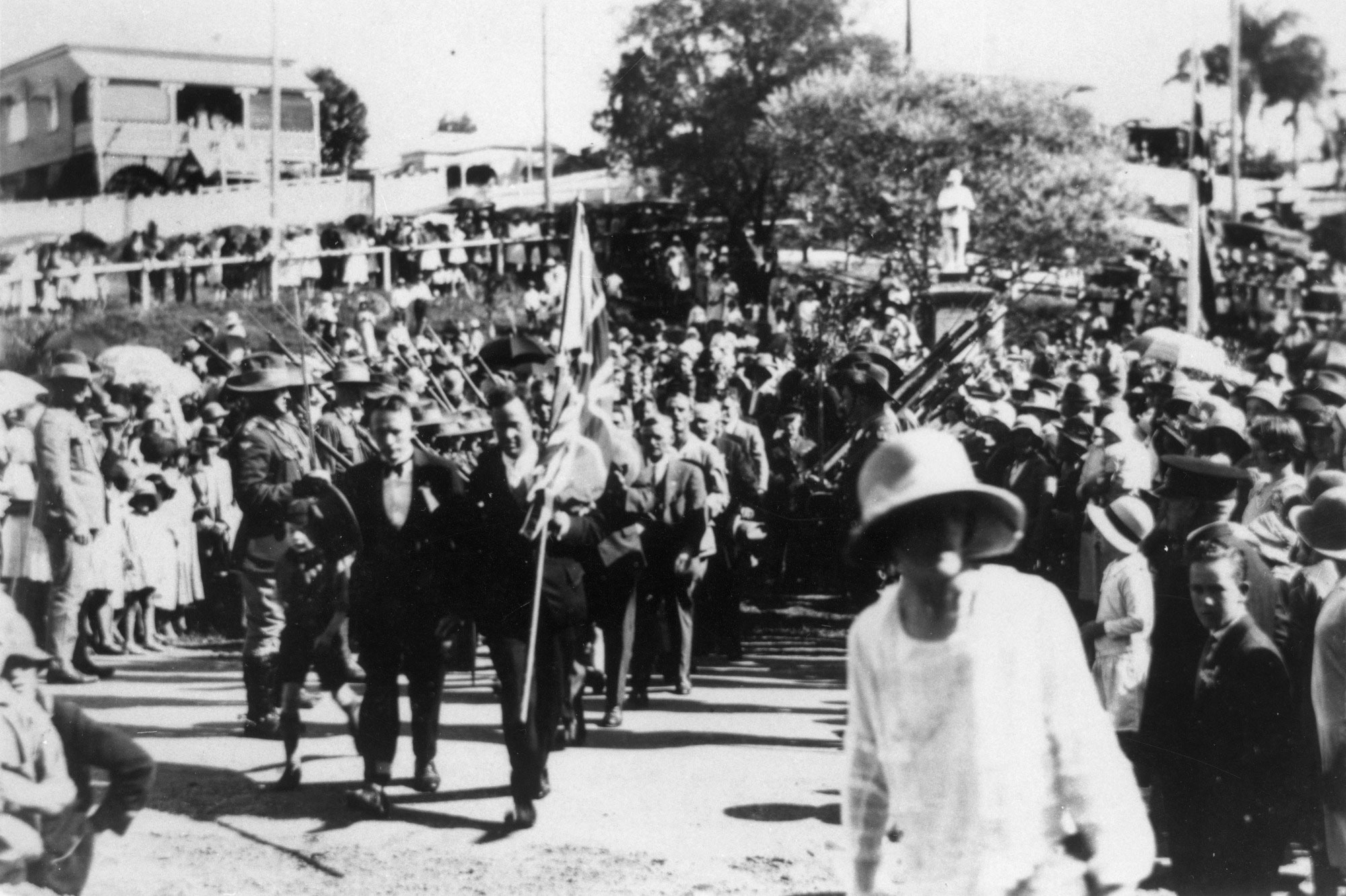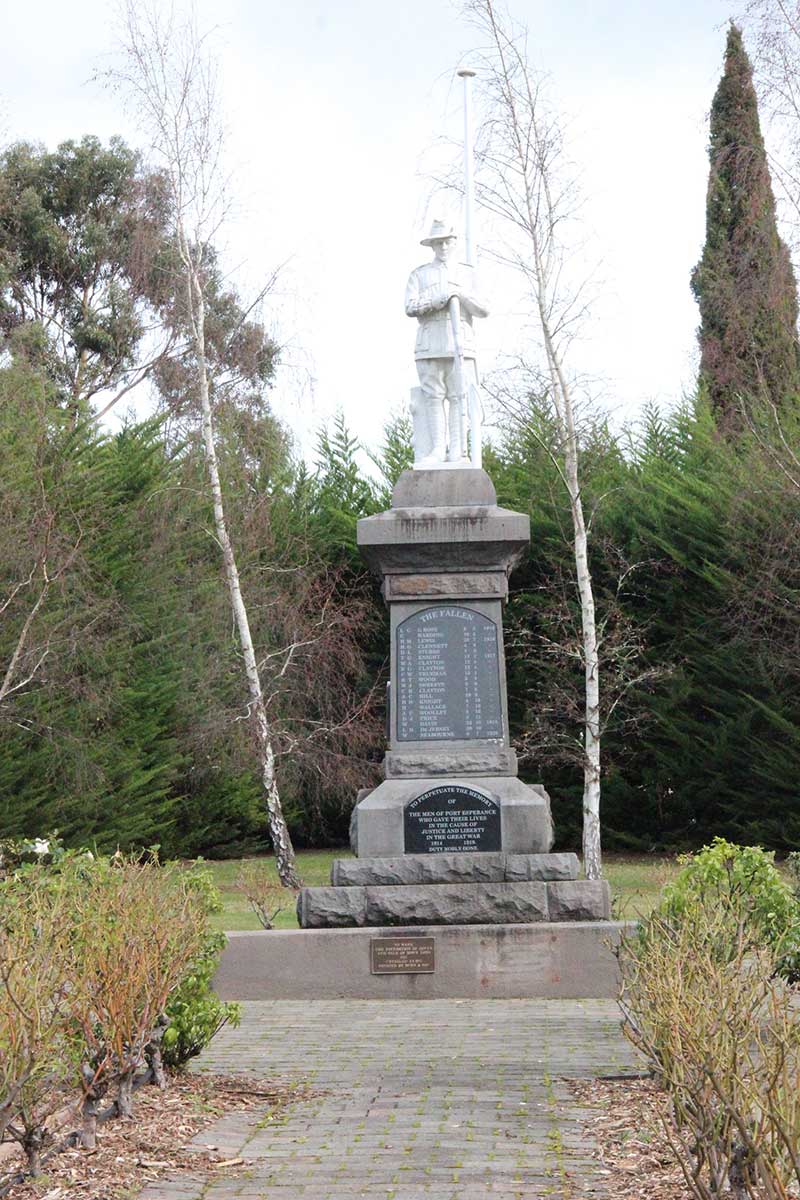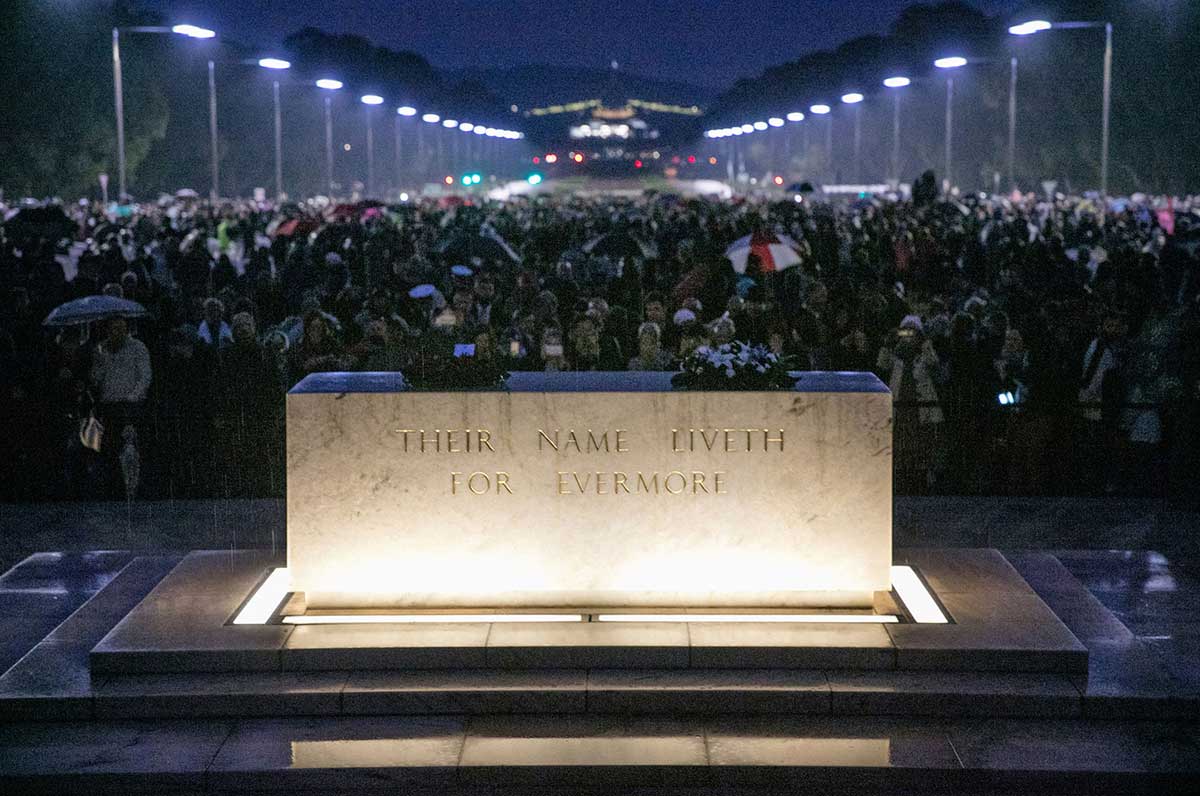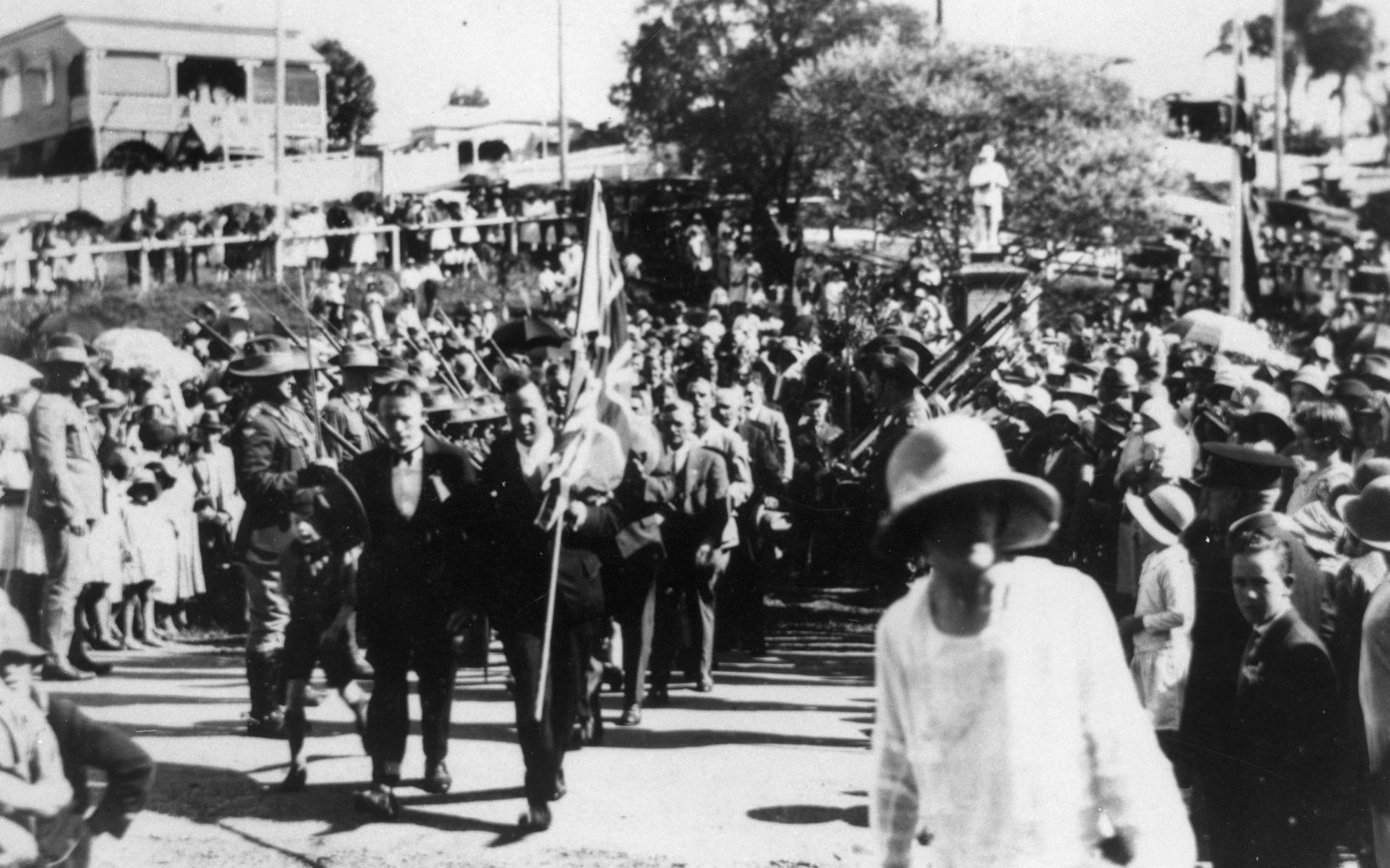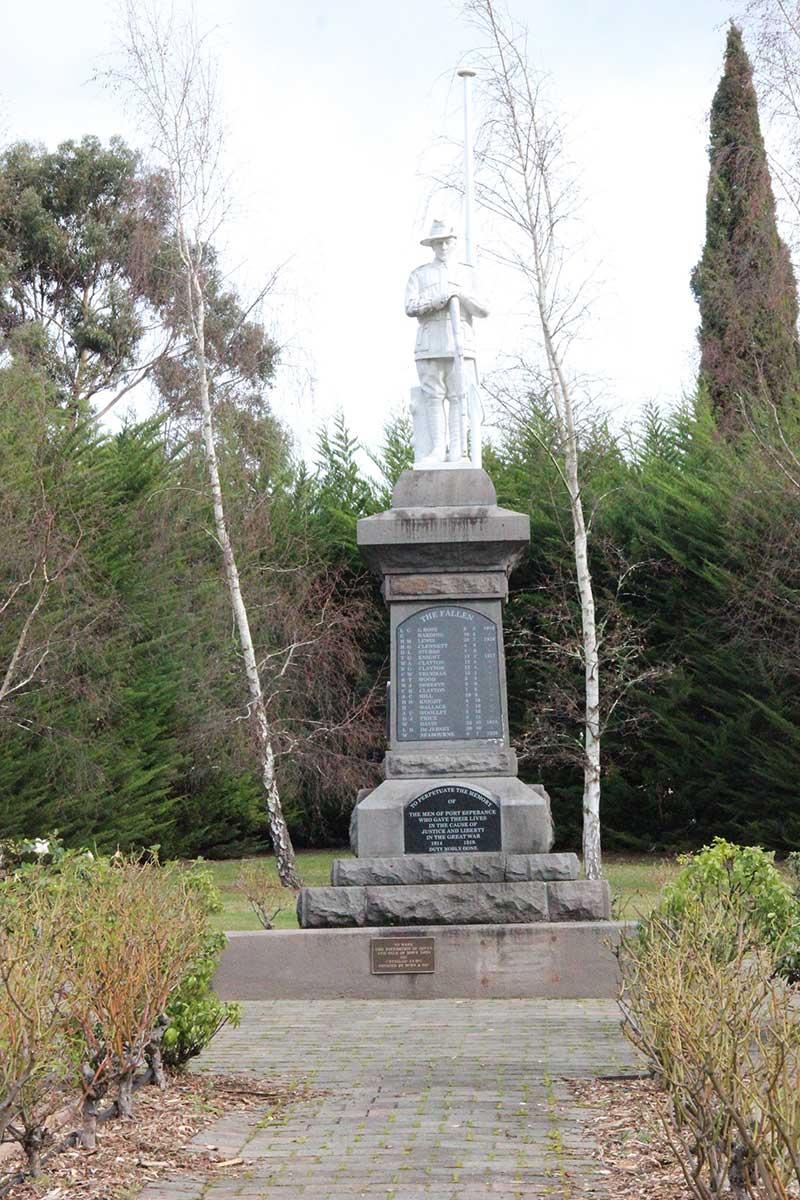Learning module:
First World War Defining Moments, 1914–1918
Investigation 4: Commemoration and the Anzac spirit
4.2 First Anzac Day commemorations
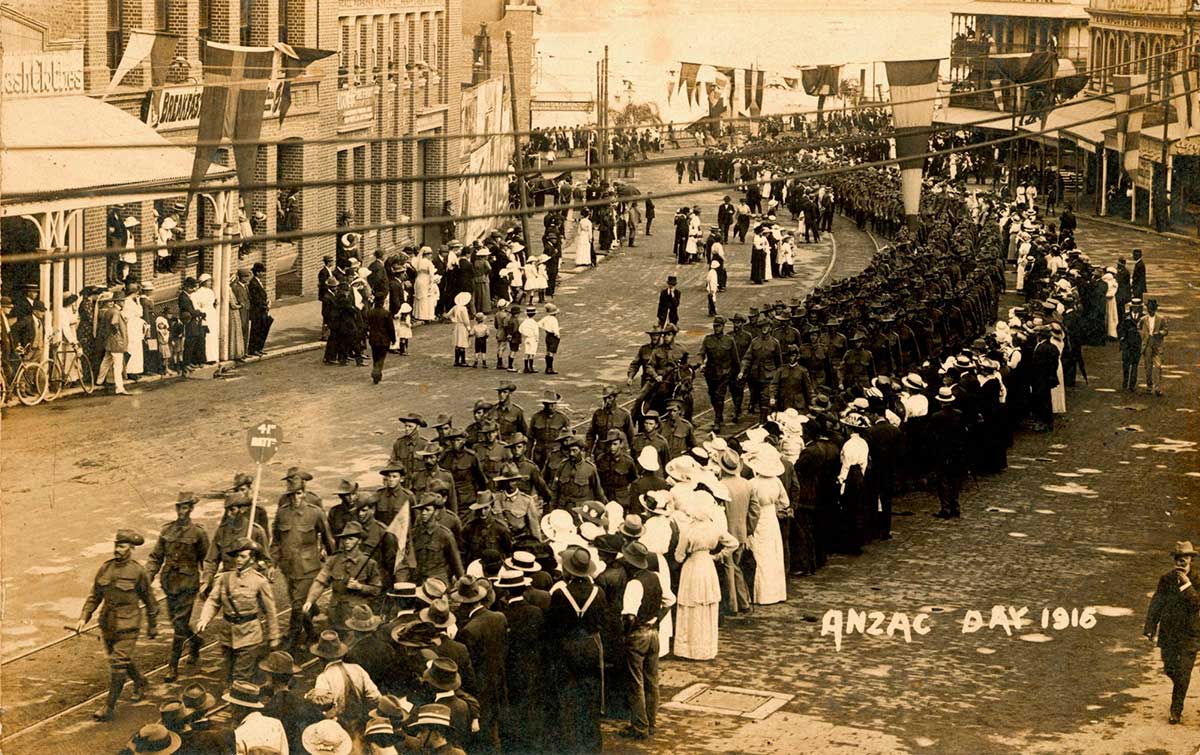
For Australians, Anzac Day, 25 April, the date on which Anzac troops landed at Gallipoli in 1915, is a major day of national commemoration.
Why has it been considered important? Why is it still commemorated? Is it a day that is still significant in Australian identity?
4. Why was this event seen as deserving of official commemoration?
5. People in Australia have always had differing opinions about Anzac Day. The reasons behind these opinions have altered as society has changed over time. Match these developments with the appropriate time period.
6. Do you think national commemorative events are important for a sense of national identity? Why?
7. What steps can be taken to help commemorative events unite people rather than divide them? Do you think Anzac Day satisfies these criteria? Explain your answer.
8. Would you say that Anzac Day is meaningful for you, your family, your community and your nation today? Explain your answer.
Finding out more
Watch The Anzac Legend interview from the Australian Journey video series, retracing the journey of one of Australia’s first Gallipoli pilgrims.






